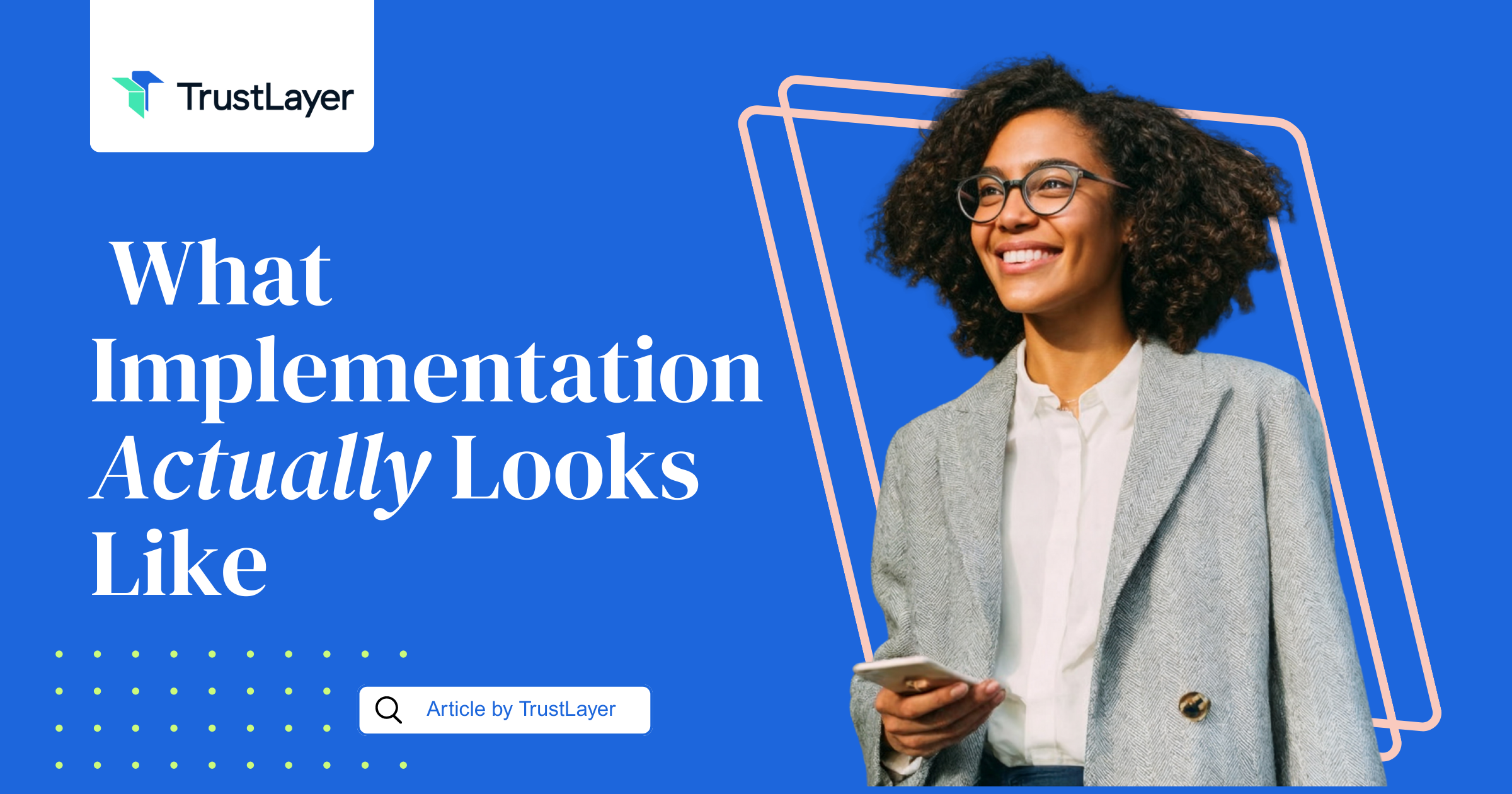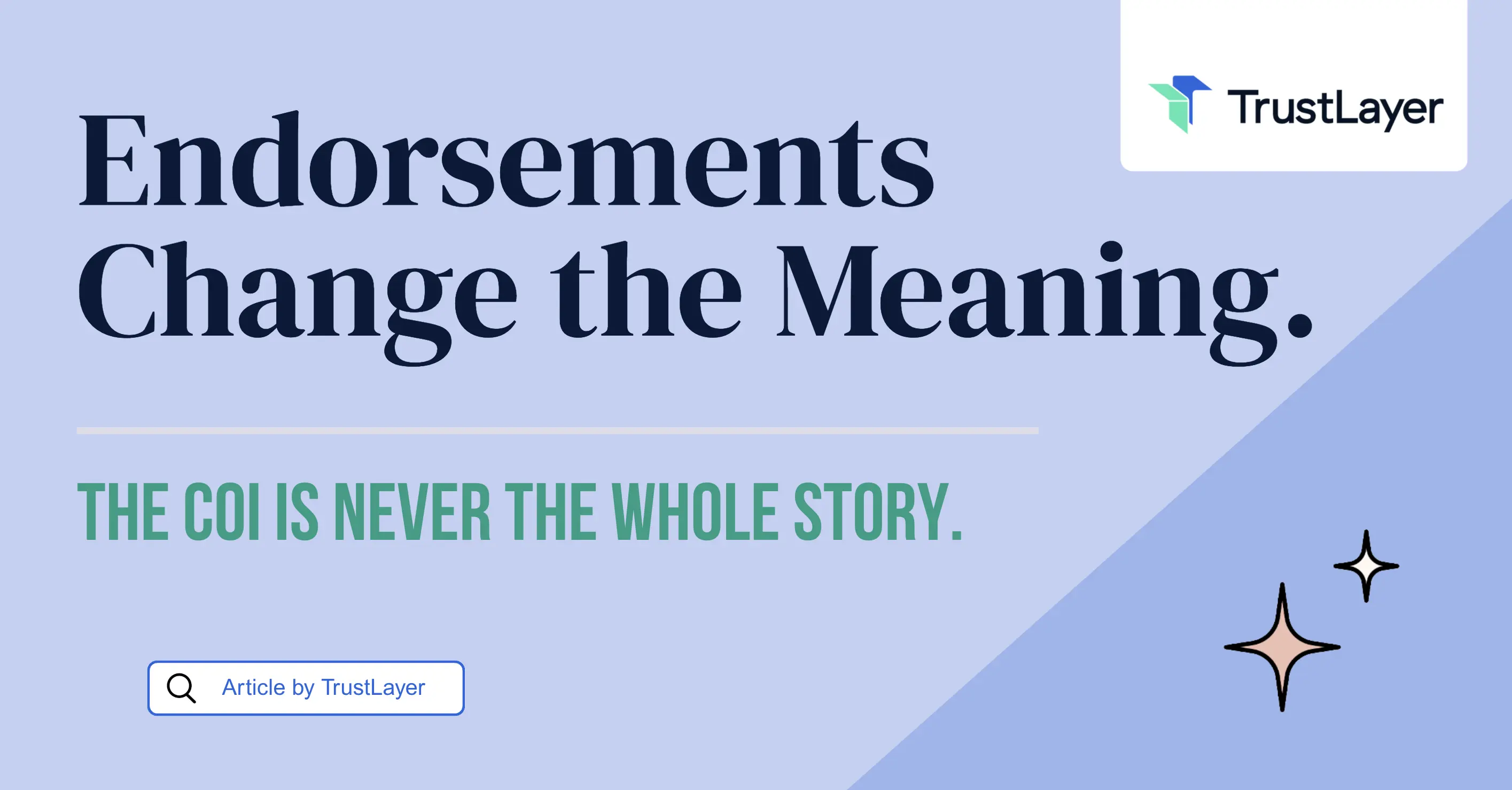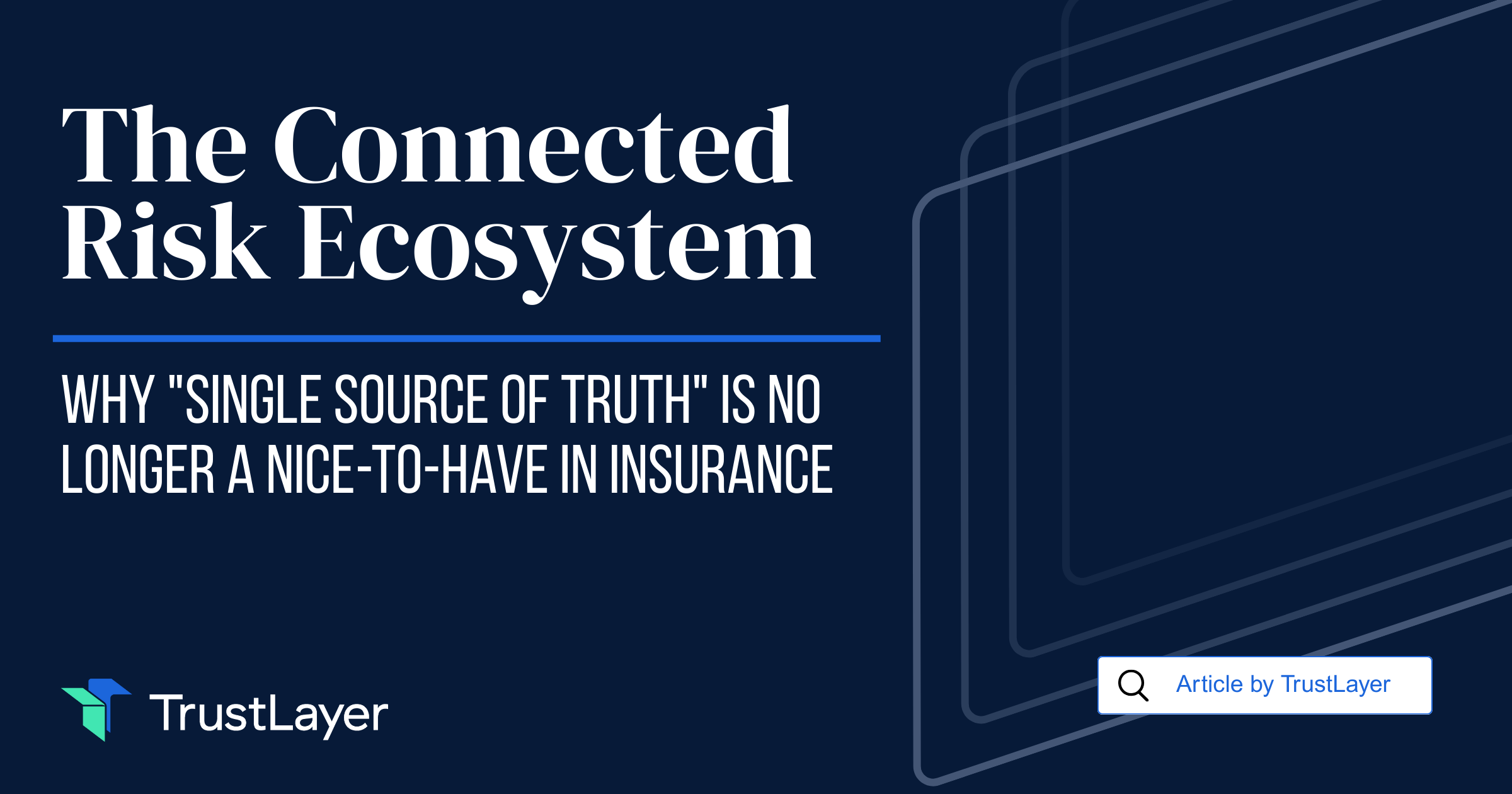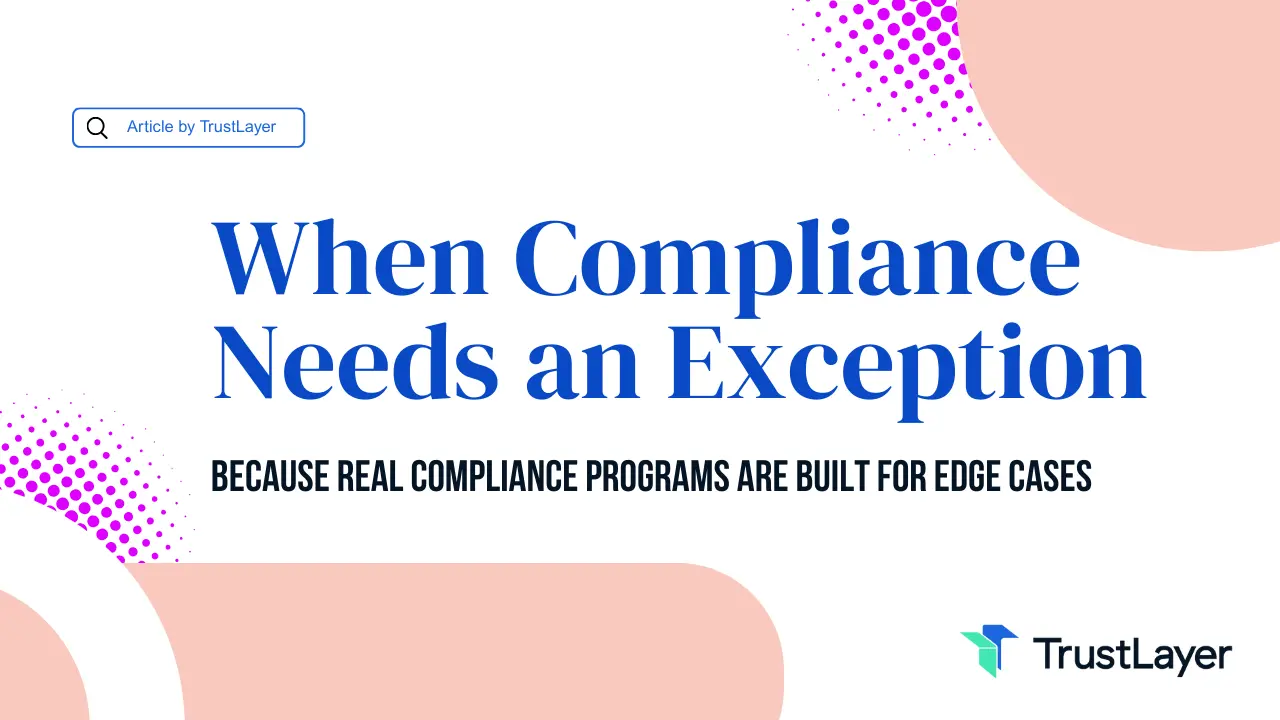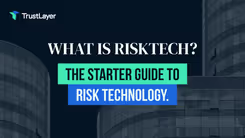Commercial Auto Liability – What is Auto Liability? Do My Vendors Need It?
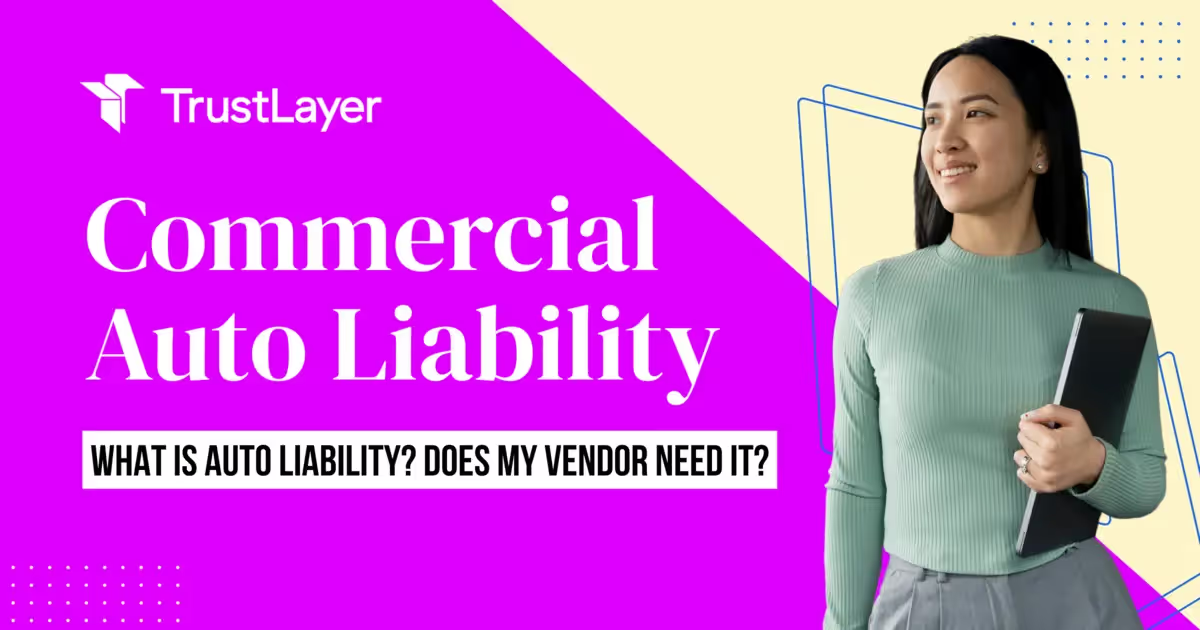
In the business world, understanding the various types of insurance coverage available is crucial for protecting assets and mitigating risks. One such critical coverage is commercial auto liability insurance. This article examines what auto liability insurance is, its significance, and whether vendors require this type of coverage. By the end, readers will have a clearer understanding of how commercial auto liability can impact their business operations.
Understanding Auto Liability
Auto liability insurance is designed to cover damages and injuries that occur as a result of an accident involving a vehicle used for business purposes. This coverage is essential for businesses that utilize vehicles in their operations, whether they own, lease, or rent them. The primary purpose of auto liability insurance is to protect the company from financial loss resulting from accidents that cause bodily injury or property damage.
Types of Auto Liability Coverage
There are two main types of auto liability coverage: bodily injury liability and property damage liability. Each serves a specific purpose and is vital for comprehensive protection.
- Bodily Injury Liability: This type of coverage pays for medical expenses, lost wages, and other costs associated with injuries sustained by different parties in an accident for which the insured is at fault. It is crucial for protecting the business from lawsuits and claims that can arise from such incidents.
- Property Damage Liability: This coverage protects damages to another person's property resulting from an accident involving the insured vehicle. It is essential for covering repair costs or replacement of damaged property, ensuring that the business is not left financially responsible for these expenses.
Why Is Auto Liability Important?
Auto liability insurance is not only a legal requirement in many jurisdictions, but it also serves as a vital financial safety net for businesses. Accidents can occur at any time, and without proper coverage, a company may face substantial financial burdens. Here are a few reasons why auto liability is crucial:
- Legal Compliance: Many states require businesses to carry a minimum amount of auto liability insurance. Failing to comply can result in penalties, fines, and even the suspension of business operations.
- Financial Protection: Accidents can lead to costly lawsuits and settlements. Auto liability insurance provides the necessary financial protection to cover these expenses, allowing businesses to operate without the constant fear of financial ruin.
- Reputation Management: Having adequate insurance coverage demonstrates responsibility and professionalism. It can enhance a business's reputation, showing clients and partners that the company takes risk management seriously.
Moreover, the implications of not having sufficient auto liability insurance can extend beyond immediate financial concerns. In the event of a serious accident, a business may face not only the costs associated with the accident itself but also potential long-term impacts on its operations. For instance, if a company vehicle is involved in a significant accident, the resulting claims might lead to increased insurance premiums or even difficulty in obtaining coverage in the future. This can hinder a business's ability to secure contracts or partnerships, as clients often look for reliable and responsible partners.
Furthermore, auto liability insurance can also play a role in employee safety and morale. When employees are aware that their employer is committed to protecting them and others on the road, it fosters a sense of security and responsibility. This can lead to safer driving practices and a more conscientious approach to vehicle use within the company. In turn, this proactive stance can contribute to a positive workplace culture, where employees feel valued and protected, ultimately benefiting the business's overall productivity and reputation.
Do My Vendors Need Auto Liability Insurance?
The question of whether vendors need auto liability insurance often arises among business owners. This is particularly relevant for companies that rely on third-party vendors for transportation, delivery, or other services involving vehicles. Understanding the answer to this question can help mitigate risks and ensure smooth business operations.
Assessing Vendor Risk
When considering whether vendors should carry auto liability insurance, it's essential to assess the level of risk associated with their operations. Businesses that frequently engage with vendors who use vehicles for deliveries, transportation, or other services may face higher risks. Here are some factors to consider:
- Type of Services Provided: If a vendor's services involve transporting goods or people, the risk of accidents increases. In such cases, requiring auto liability insurance becomes more critical.
- Frequency of Vehicle Use: Vendors who use vehicles regularly for business purposes are more likely to be involved in accidents. Evaluating how often a vendor uses their vehicle can help determine the necessity of insurance.
- Geographic Area: The location where services are provided can also influence risk levels. Urban areas with heavy traffic may pose more risks than rural settings.
Benefits of Requiring Auto Liability from Vendors
Requiring vendors to carry auto liability insurance can provide several benefits for businesses. Here are some advantages to consider:
- Reduced Liability: By ensuring that vendors have their auto liability coverage, businesses can reduce their exposure to liability claims resulting from accidents involving vendor vehicles.
- Peace of Mind: Knowing that vendors are adequately insured can provide peace of mind, allowing businesses to focus on their core operations without worrying about potential accidents.
- Stronger Partnerships: Requiring insurance can foster a sense of professionalism and accountability among vendors, leading to stronger business relationships.
Understanding Auto Liability Insurance
Auto liability insurance is designed to protect businesses from the financial consequences of accidents involving vehicles used in the course of business operations. This type of insurance typically covers bodily injury and property damage that may result from an accident. Vendors must have this coverage, as it not only safeguards their interests but also protects the businesses that rely on their services. In many cases, companies may require proof of insurance before engaging with a vendor, ensuring that all parties are adequately protected in the event of an incident.
Additionally, business owners need to understand the specific terms and conditions of the insurance policies held by their vendors. Some policies may have limitations or exclusions that could impact coverage in certain situations. For instance, if a vendor uses a personal vehicle for business purposes, their auto insurance may not cover incidents related to business activities. Therefore, businesses should encourage their vendors to review their insurance policies and consider obtaining commercial auto insurance if necessary. This proactive approach can further enhance risk management strategies and foster a culture of safety and responsibility within the business ecosystem.
How to Ensure Your Vendors Have Auto Liability Insurance
Once the decision is made to require vendors to carry auto liability insurance, it’s essential to establish a transparent process for verification. Here are some steps to ensure that vendors are compliant:
Request Proof of Insurance
One of the most effective ways to verify that a vendor has auto liability insurance is to request a certificate of insurance. This document serves as proof that the vendor is adequately insured. It should include details such as:
- The name of the insurance company
- The policy number
- The coverage limits
- The effective dates of the policy
Establish Insurance Requirements in Contracts
Incorporating specific insurance requirements into vendor contracts is an effective way to ensure compliance with relevant regulations. Clearly outline the types of insurance required, coverage limits, and the need for proof of insurance. This not only protects your business but also sets clear expectations for the vendor.
Regularly Review Insurance Status
Insurance policies can change, and it’s essential to stay informed about your vendors’ coverage. Establish a schedule for reviewing proof of insurance to ensure that vendors maintain adequate coverage throughout your business relationship.
Communicate with Vendors
Open lines of communication with your vendors can facilitate a smoother verification process. Regularly remind them of your insurance requirements and the importance of maintaining adequate coverage. This proactive approach not only reinforces your expectations but also fosters a collaborative relationship where vendors feel supported in meeting your compliance needs.
Utilize Technology for Tracking
Consider leveraging technology to streamline the process of tracking insurance compliance. There are various software solutions available that can help you manage vendor documentation, set reminders for renewals, and even automate the verification process. By utilizing these tools, you can minimize the risk of lapses in coverage and ensure that all vendors are consistently meeting your insurance requirements.
Common Misconceptions About Auto Liability Insurance
Despite its importance, several misconceptions surround auto liability insurance, leading to confusion among business owners. Addressing these misconceptions can help clarify the role of this coverage in business operations.
Misconception 1: Personal Auto Insurance Covers Business Use
Many business owners mistakenly believe that their auto insurance will cover them when using a vehicle for business purposes. However, personal policies often exclude coverage for business-related activities. This can leave a business vulnerable in the event of an accident. For instance, if a delivery driver using their vehicle for work causes an accident, their insurance may deny the claim, leaving the business liable for damages. Business owners must understand the specific terms of their insurance policies and consider obtaining a commercial auto insurance policy that explicitly covers business use.
Misconception 2: All Vendors Automatically Have Coverage
Another common misconception is that all vendors will have auto liability insurance as part of their standard business operations. While many reputable vendors do carry insurance, it’s essential to verify this independently. Relying on assumptions can lead to significant risks. For example, if a vendor's employee causes damage to property during a delivery and the vendor lacks adequate insurance, the business may face substantial repair costs. Therefore, it’s wise to request proof of insurance before engaging with vendors, ensuring that they have the necessary coverage to protect both parties in case of an incident.
Misconception 3: Auto Liability Insurance Is Optional
Some business owners may view auto liability insurance as optional, especially if they believe their operations are low-risk. However, the potential financial consequences of an accident can be devastating. It’s always better to be prepared and have the necessary coverage in place. Accidents can happen unexpectedly, and the costs associated with property damage, medical expenses, and legal fees can quickly escalate. Moreover, many states require businesses to carry a minimum level of auto liability insurance, making it not only a wise choice but also a legal obligation. Understanding the specific requirements in your state can help ensure compliance and protect your business from unforeseen liabilities.
Conclusion
In conclusion, commercial auto liability insurance is a critical component of risk management for businesses that utilize vehicles in their operations. Understanding what auto liability is, its importance, and the necessity for vendors to carry this coverage can help companies protect themselves from potential financial losses.
By requiring vendors to have adequate auto liability insurance, businesses can reduce their exposure to risks associated with accidents. Establishing transparent processes for verifying coverage and addressing common misconceptions can further enhance a company's risk management strategy.
Ultimately, investing in commercial auto liability insurance is not just about compliance; it’s about safeguarding the business's future and ensuring smooth operations in an unpredictable world.
As you consider the importance of commercial auto liability insurance and the need for your vendors to be adequately covered, TrustLayer stands ready to streamline this critical aspect of risk management. Our best-in-class certificate of insurance (COI) tracker is the solution for modern risk managers who are tired of the administrative burden that comes with traditional document verification processes. TrustLayer automates the collection, storage, and verification of COIs, transforming a slow and manual task into a swift and seamless operation. Embrace the future of risk management and join the hundreds of thousands of companies that have already elevated their compliance strategies with TrustLayer. Set up a time to talk with our team and discover how we can help you build following practices to safeguard your business relationships and operations.



